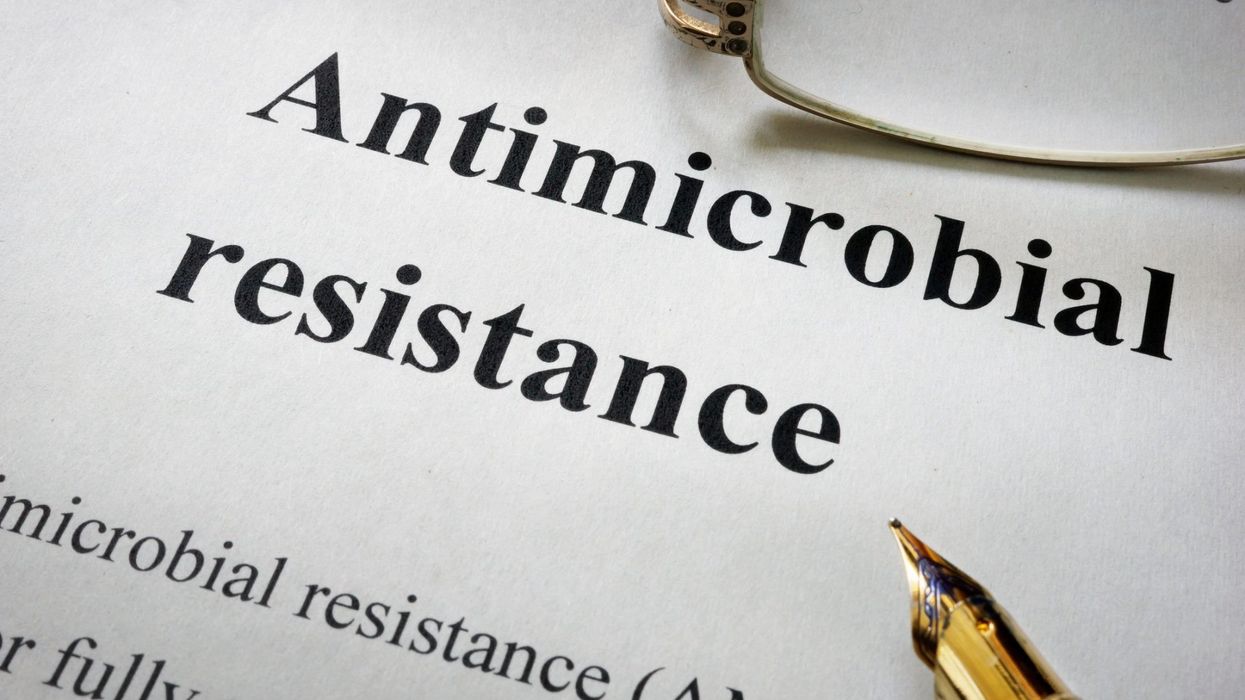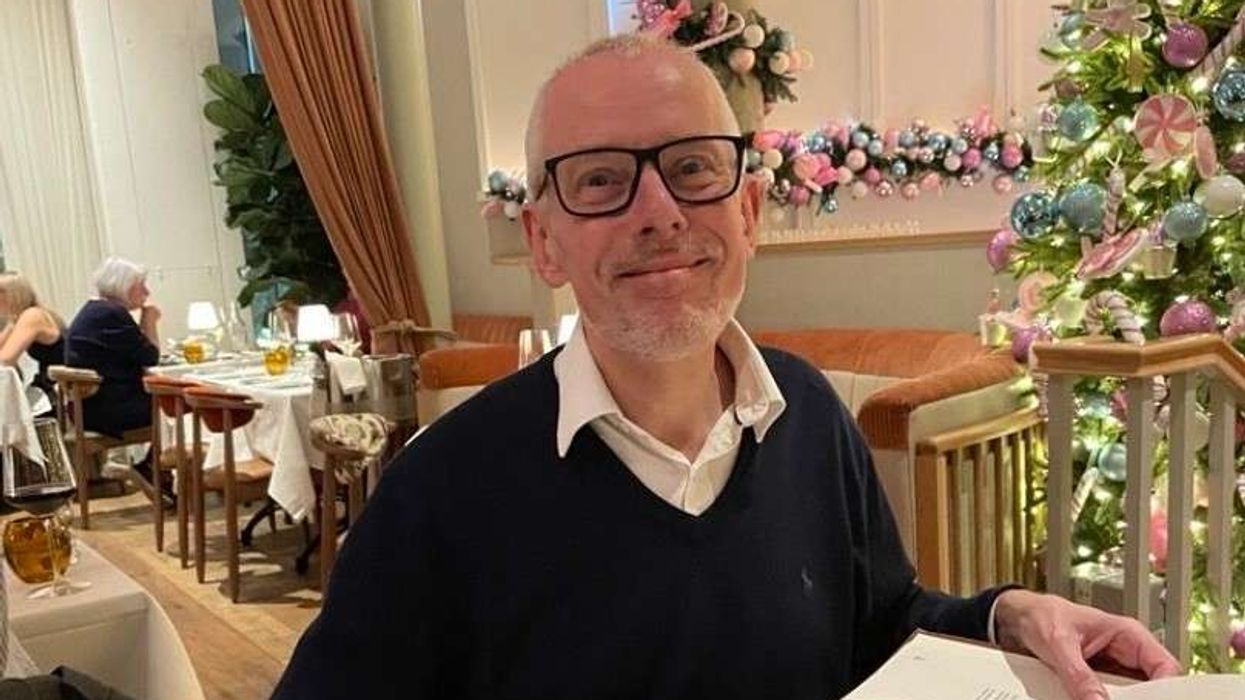Pharmacists with 'relevant experience in a pharmacy setting' can enroll for accredited independent prescribing course, as the General Pharmaceutical Council (GPhC) has decided to scrap the requirement of spending at least two years on the register and having previous experience in a specified clinical or therapeutic area before enrolling for the course.
The GPhC Council meeting held on Thursday instead proposed that applicants must have "relevant experience in a pharmacy setting and be able to recognize, understand and articulate the skills and attributes required by a prescriber." This experience and awareness will act as the basis of their prescribing practice whilst training.
The regulator noted that the majority of stakeholder organizations, including the Chief Pharmaceutical Officers, the Royal Pharmaceutical Society and the statutory education bodies, were in favour of removing the requirement in a consultation on the topic.
They highlighted that a specific two-year period was not in itself a robust indication of whether an individual was ready to become a prescriber.
They also highlighted that the rapidly developing roles in the profession meant more pharmacists were likely to gain the necessary experience more quickly than in the past. A smaller number of organizations and a larger minority of individuals were opposed, citing that a specific two-year period gave pharmacists the time they needed to develop experience and confidence before being ready to enroll on a course.
The change in the rule means current registered pharmacists and newly-qualified pharmacists joining the register over the next few years would be able to begin an independent prescriber course when they have demonstrated readiness, rather than simply completing a specified period.
"From 2025-2026 Independent Prescribing (IP) will be embedded in the five years of initial education and training (IET) for pharmacists, meaning that all students registering from then onwards will be able to prescribe on initial registration." The GPhC said, adding that the proposed changes, do not however mean that pharmacists could automatically prescribe as soon as they are registered.
"They must meet the learning outcomes specified in the accredited course before they can be annotated as a prescriber,” the regulator noted.
The Council also made it clear that appropriate experience is necessary before people can embark on a course leading to IP.
GPhC Chief Executive Duncan Rudkin said, "We know some individuals and organizations responding to the consultation were concerned that removing the two-year requirement might mean that people started independent prescriber courses before they had the necessary experience, and this could affect patient safety.
“We believe the most effective assurance for patient safety comes from a requirement for pharmacists to have gained relevant experience in a pharmacy setting and their ability to recognise, understand and articulate the skills and attributes required by a prescriber, before they can get a place on an independent prescriber course."
Rudkin added that the GPhC will be producing further guidance with the input of the expert Advisory Group to help providers understand what they must do to check each applicant has the necessary experience, skills and attributes.
"We will then confirm when the changes will come into effect," he said.











